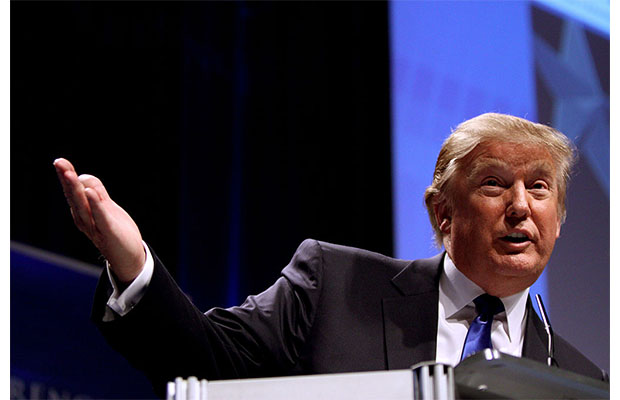
In fact, numerous other psychologists agree. Three top professors of psychiatry reached out to then President Obama in December, sharing their concerns regarding Donald Trump’s failing mental health:
“His widely reported symptoms of mental instability — including grandiosity, impulsivity, hypersensitivity to slights or criticism, and an apparent inability to distinguish between fantasy and reality — lead us to question his fitness for the immense responsibilities of the office,” wrote the professors, who hail from Harvard Medical School and the University of California. They then go on to recommend Trump undergo a “full medical and neuropsychiatric evaluation.”
Shortly after the presidential elections came to an end, a group of thousands of psychologists formed under the name: Citizen Therapists Against Trumpism. This group of psychologists wrote and published a manifesto detailing out why Trump’s declining mental health should be worrisome:
“Scapegoating and banishing groups of people who are seen as threats, including immigrants and religious minorities; degrading, ridiculing, and demeaning rivals and critics; fostering a cult of the Strong Man who appeals to fear and anger; promises to solve our problems if we just trust in him; reinvents history and has little concern for truth (and) sees no need for rational persuasion.”
Other psychologists urge caution to those who are attempting to diagnose a person they have never met, but the American Psychiatry Association has a narcissism checklist to help folks spot the disorder for themselves—so, we’ll let you decide.
How many of these points do you think Trump displays on a regular basis?
- Has a grandiose sense of self-importance (e.g., exaggerates achievements and talents, expects to be recognised as superior without commensurate achievements).
- Is preoccupied with fantasies of unlimited success, power, brilliance, beauty, or ideal love.
- Believes that he or she is “special” and unique and can only be understood by, or should associate with, other special or high-status people (or institutions).
- Requires excessive admiration.
- Has a sense of entitlement, i.e., unreasonable expectations of especially favourable treatment or automatic compliance with his or her expectations.
- Is interpersonally exploitative, i.e., takes advantage of others to achieve his or her own ends.
- Lacks empathy: is unwilling to recognise or identify with the feelings and needs of others.
- Is often envious of others or believes that others are envious of him or her.
- Shows arrogant, haughty behaviours or attitudes.





